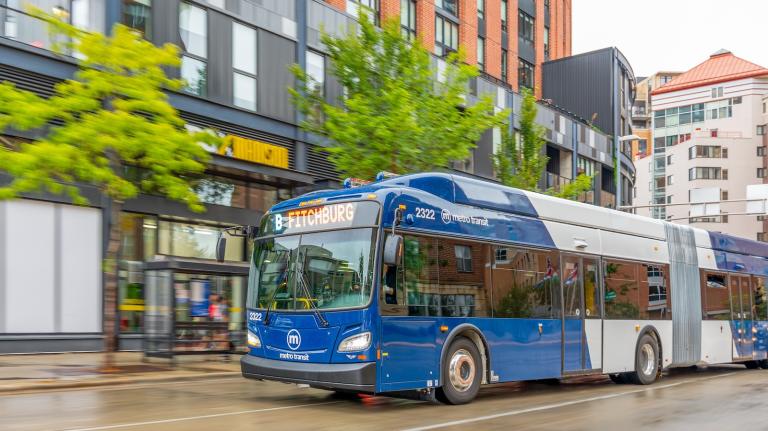A recent report ($ub. req’d) by Greenwire’s Ben Geman revealed a massive loophole in the 2007 energy bill that renders meaningless most of the climate safeguards for corn ethanol that Democrats have touted.
The loophole exempts any ethanol refineries that have already been built or were under construction at the time the bill passed from meeting the global warming requirements. Those facilities have a combined production capacity of 13.7 billion gallons, just shy of the 15 billion gallons of production mandated in the bill — meaning that the Democrat-vaunted greenhouse-gas safeguards will apply to only 11 percent of corn ethanol production.
With recent studies in the journal Science and elsewhere revealing that corn ethanol takes 167 years to produce enough greenhouse-gas savings to make it as green as regular old oil, and with billions of people struggling with skyrocketing food prices, and millions more acres of forest and savanna being destroyed, that means disaster for the climate and the world’s poor.
Those 13.4 billion gallons mean a shift of 23 million acres of land from food production to filling up gas tanks (filling one SUV with ethanol eats up as much grain as can feed a person for a year). As the developing world’s (and particularly China’s) demand for meat skyrockets, that food will still have to be produced somewhere — and that means further deforestation, further climate destruction, further species extinction, and drastically increased world hunger — which is why some in the United Nations have now declared biofuels a “crime against humanity.”
Congress, the European Union, and the world need to end all conventional biofuel subsidies and mandates immediately, before we lose more forests, deepen the climate crisis, and starve millions. And then they need to replace them with programs that would provide financial incentives for protecting the forests that act as the planet’s lungs — helping not only alleviate hunger but also giving the rural poor opportunity for economic advancement.


